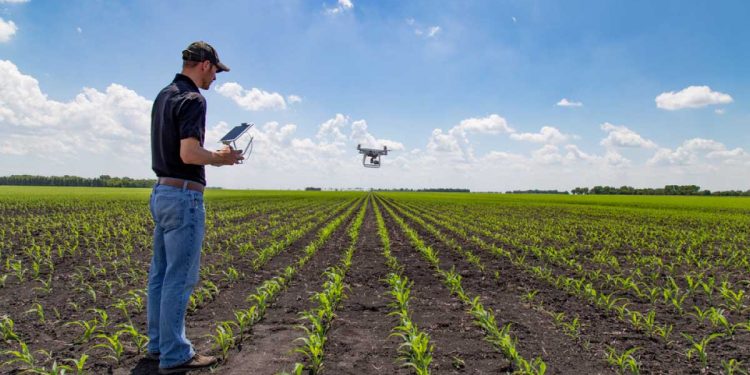Saudi start-up Red Sea Farms is brainstorming for an international release of its saltwater farming technology. After an essential collaboration with the University of Arizona, the launch will take place and may unlock doors to North America’s substantial agricultural market and beyond, stated one of Red Sea Farms’ founders.
Red Sea Farm Collab with the University of Arizona
The start-up has invented a technology that cultivates crops devoid of freshwater in humidity-controlled greenhouses. Though the technology is already being utilised in Saudi Arabia and other areas of the Middle East, CEO Ryan Lefers stated that the firm is seeking to bring its system to different regions of the world where water scarcity is prevalent.
Red Sea Farm utilises salt water to cool greenhouses and irrigate crops like tomatoes that it or its collaborators farm and sell into the market. The firm also discourses technical advice to other companies on cultivating crops in arid climates.
Lefers told Arab News that the preliminary deployment is already taking place in the Middle East. Still, the firm is eyeing the United States of America as a gateway into North America and internationally.
In January 2022, Red Sea Farms declared a collaboration with the University of Arizona’s College of Life and Sciences’ Controlled Environment Agriculture Centre.
According to the agreement, the Arizona Centre will amalgamate Red Sea Farms’ technology with its prevailing farming programs in yearlong research to evaluate the results before determining a further rollout.
Lefers stated that the controlled-environment agriculture market is estimated to bounce from SAR 279.5 billion (USD 74.50 billion) to SAR 645.69 billion (USD 172.1 billion) by 2025.
Lefers stated that the firm possesses a four-phase blueprint for its deployment, and currently, it is at phase three, which is around commercial-scale testing. The firm is expected to accomplish complete deployment by the dusk of 2022.
Apart from resolving long-lasting agricultural challenges in parts of the United States of America, the move is also witnessed to take advantage of a maturing demand for greenhouse technologies to augment food security.
However, he stated that profits were still out of the question as the start-up continued to discuss the rates of its system. Lefers noted that the firm was still calculating its pricing models around the technology and what rate gets charged to the end-user. He stated that the pricing models would be revealed by 2022.
Red Sea Farms is also striving to sell this farming methodology to cultivators across the globe. Lefers stated that the firm possessed a substantial interest in Southeast Asia.
Lefers also indicated that the firm was seeking to expand to the South of Europe and North Africa. However, he noted that colossal opportunities fell within the Mediterranean zone’s arid locations.
The collaboration with the University of Arizona arrives after a USD 16 million financing round in August 2021 from Aramco’s entrepreneurship faction, Wa’ed, alongside US investors, Bonaventure Capital and AppHarvest.
Lefers stated that future investors would play a critical role in enhancing the worldwide technology, not just via cash but also through business synergies and connections.
Lefers noted that the firm sought out an investor who was offering liquid aids and extended networks and connections. The firm witnesses robust synergy from a business viewpoint. The Saudi start-up will close a Series A funding round in the H1 of 2022, Lefers stated. It is already receiving words of interest for contribution in the forthcoming essential step of this young company’s progression.
About Red Sea Farms
Red Sea Farms foresees a world where sunlight and saltwater are utilised to sustain healthy food and inhibit food scarcity across the globe in harsh ecosystems.
The firm amalgamates impact with innovation via sunlight and salt water-based agricultural systems, products, and economically and environmentally sustainable services.


















